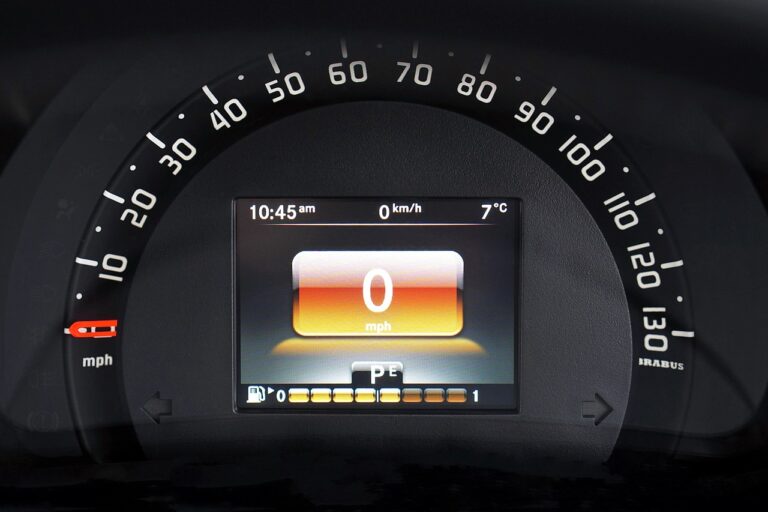Exploring the World of Electric Vehicle Charging Solutions
Electric vehicle charging stations offer numerous advantages to both electric vehicle (EV) owners and the environment. One of the main benefits is the convenience they provide by offering a place where EV drivers can easily recharge their vehicles. This accessibility encourages more people to choose electric cars as their mode of transportation, ultimately reducing greenhouse gas emissions and improving air quality in our communities.
Moreover, electric vehicle charging stations play a crucial role in supporting sustainable transportation infrastructure. By expanding the network of charging points, cities and businesses can promote the adoption of electric vehicles and contribute to the overall goal of reducing reliance on fossil fuels. This shift towards cleaner energy sources not only helps combat climate change but also fosters innovation in the automotive industry, leading to more advanced and efficient electric vehicle technologies.
Different Types of Electric Vehicle Charging Solutions
When it comes to electric vehicle charging solutions, there are primarily three main types that cater to different needs of EV owners. The first type is Level 1 charging, which is the most basic and can be done using a standard household outlet. This type of charging is slow, typically providing around 2-5 miles of range per hour of charging.
Moving up from Level 1 is Level 2 charging, which is a faster option that requires a dedicated charging station installation. Level 2 chargers can provide around 10-60 miles of range per hour, making them a convenient choice for EV owners who need a quicker charging solution. Lastly, there is Level 3 charging, also known as DC fast charging, which is the fastest option available for EVs. These chargers can provide up to 80% of a full charge in as little as 30 minutes, making them ideal for long-distance travel and quick top-ups.
What are the benefits of electric vehicle charging stations?
Electric vehicle charging stations provide convenience for EV owners by offering a place to recharge their vehicles while they are out and about. They also help reduce greenhouse gas emissions and promote sustainability.
What are the different types of electric vehicle charging solutions?
There are three main types of electric vehicle charging solutions: Level 1 charging, Level 2 charging, and DC fast charging. Level 1 charging uses a standard 120-volt household outlet and is the slowest method. Level 2 charging uses a 240-volt outlet and charges faster than Level 1. DC fast charging is the quickest method and can charge an EV to 80% in as little as 30 minutes.
Are electric vehicle charging stations expensive to install?
The cost of installing an electric vehicle charging station can vary depending on the type of charger and the location. Level 1 chargers are typically the least expensive to install, while DC fast chargers can be more costly. However, there are incentives and rebates available to help offset the cost of installation.
Can electric vehicle charging stations be installed at home?
Yes, electric vehicle charging stations can be installed at home. Home charging solutions typically involve Level 1 or Level 2 chargers, which can be installed in a garage or driveway. Home charging is convenient for EV owners who have a dedicated parking space.
Are there public electric vehicle charging stations available?
Yes, there are public electric vehicle charging stations available at various locations such as shopping centers, restaurants, and public parking lots. These stations offer EV owners a convenient way to recharge their vehicles while they are away from home.





